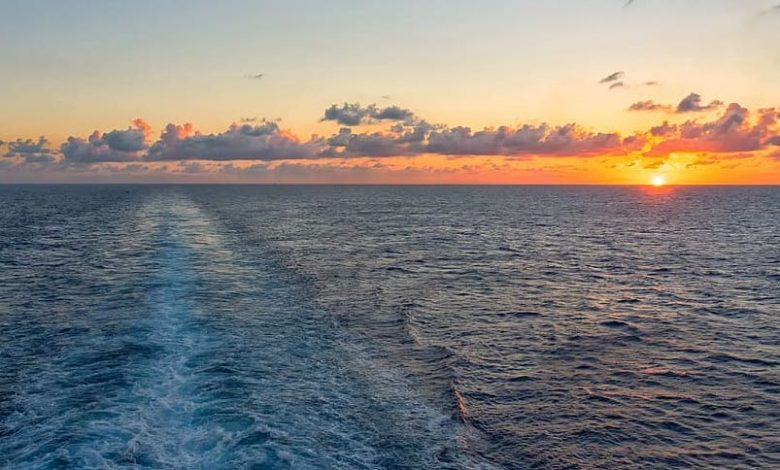Shipping lobbyists unite in calling on Europe to extend liner block exemption regulation

Four trade associations representing the international liner shipping industry yesterday submitted comments to the European Commission supporting a controversial extension of the EU consortia block exemption regulation (BER) for an additional five years beyond its current 2020 expiration date.
The papers were submitted in the public consultation being held by the commission’s directorate-general for competition (DG COMP) by the World Shipping Council (WSC), the European Community Shipowners’ Associations (ECSA), the International Chamber of Shipping (ICS), and the Asian Shipowners’ Association (ASA).
The industry comments claim vessel sharing arrangements are a fundamental part of the structure of the global liner shipping transportation network and that the consortia BER has since 1995 provided transparent and practical legal guidance to vessel sharing arrangements for international liner shipping services operating from and to EU ports.
The submission goes on to maintain that despite recent mergers in the liner industry, the industry remains unconcentrated and highly competitive, with freight rates at half of their levels 20 years ago.
From an environmental point of view, the associations said the BER helps carriers reduce air emissions and greenhouse gases through higher utilisation of vessel space.
The block exemption has hit the headlines in recent weeks with a number of important voices suggesting the EU should not renew it in 2020.
In a 127-page report on container alliances issued last month, the International Transport Forum (ITF), administrated by the Organisation for Economic Co-operation and Development (OECD), called on the EU to not renew the BER.
“A repeal of block exemptions is unlikely to result in the termination of current and future alliances, as these could still be authorised under competition law on a case by case basis,” ITF explained, adding: “However, it would ensure greater scrutiny of individual alliances and thus more effectively deter any anticompetitive conduct in the sector.”
The ITF report has spurred a number of other bodies and industry figures to put pressure on the EU, hence the combined stance from the four shipowning lobby groups yesterday.
John Butler, president and CEO of liner lobbyists World Shipping Council, maintained yesterday: “The bottom line is that the BER has worked very well for almost 25 years. It sets out clear rules that can be practically applied without the need for extensive legal analysis. This means that carriers can focus on seeking the most efficient transportation solutions without the cost and delay associated with legal self-assessment for these routine operational arrangements.”
Martin Dorsman, secretary general of ECSA, claimed: “[T]here is still fierce competition among carriers. The purely operational agreements covered by the BER foster competition by lowering barriers to entry and enabling carriers to compete on more routes.”
